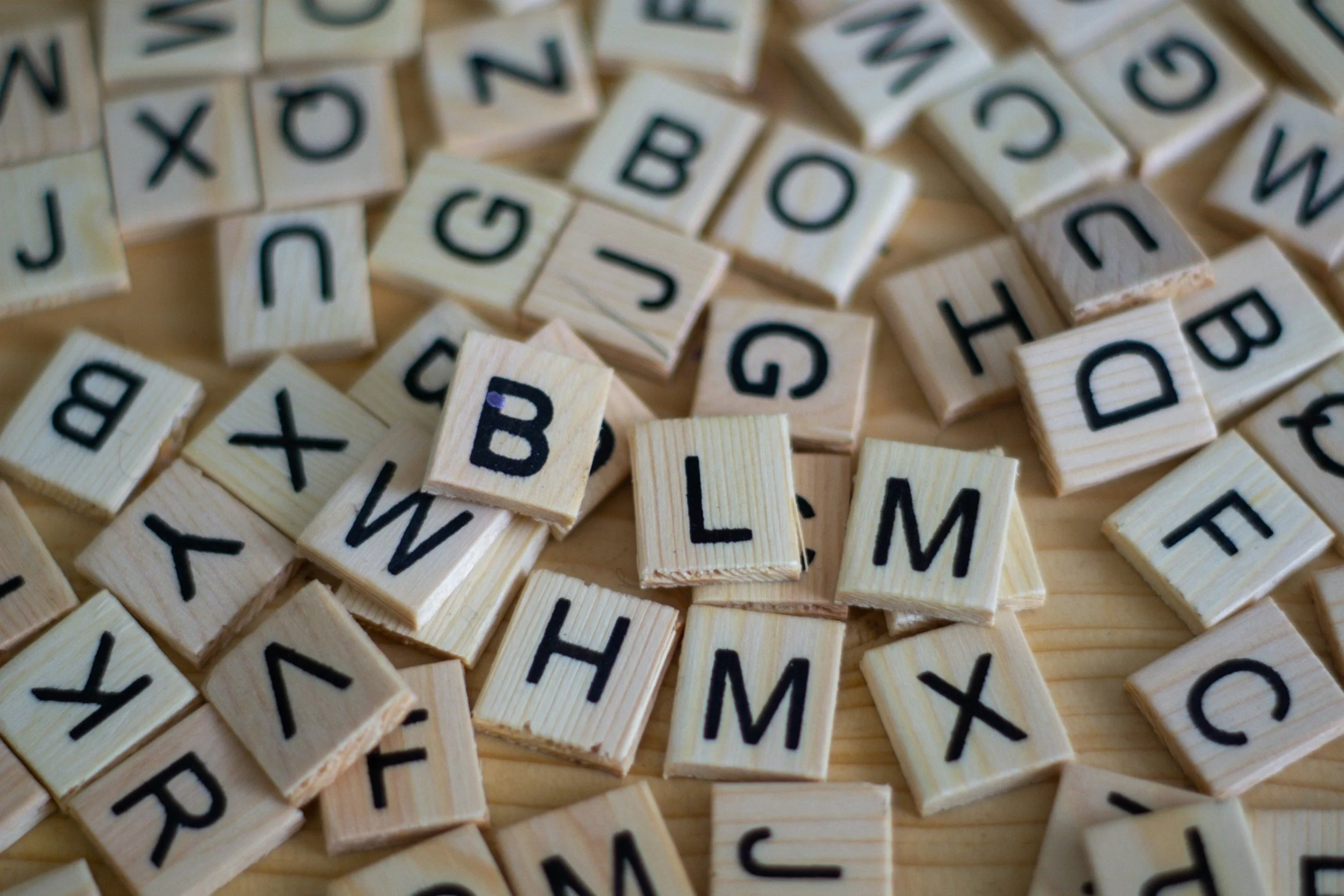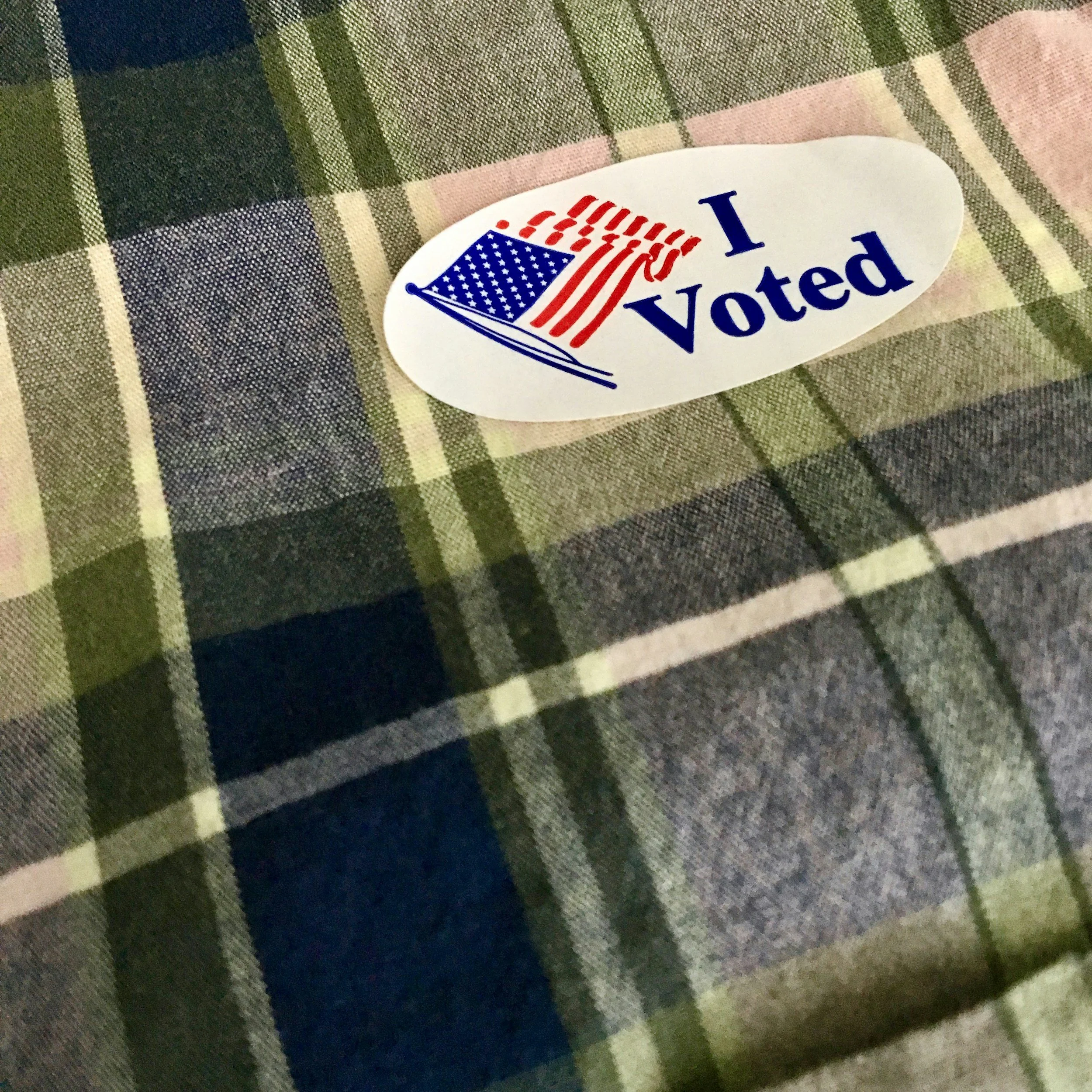
My writings - and those of others.
Concern
Jennifer Rubin’s writing this morning on Substack, notes how many Republicans in the US are expressing “concern” about what is going on. Some express concern about the actions of people they voted for, even though something like their support of Vladimir Putin was well known. One, a medical doctor, was concerned about the quackery of Robert Kennedy – but voted for him. Again, the quackery was well known in advance. Others are concerned about DOGE and its cuts that are affecting their constituents. From the perspective on one Canadian, they are participating in agreement with growing executive orders that sound like fascism in spite of their “concern”.
Opposition to government action can be a slow process. In my own country’s national newspaper, the Globe & Mail, I read yesterday that some people with disabilities are denied supplementary benefits because the forms to fill out are confusing, lengthy and difficult for the disabled and also take too much time from their medical practitioners to fill out. What I can do later this morning is to write my newly elected member of parliament to look into this. She comes to the position after losing her first try by a small margin to a member of the Conservative Party. The defeat of the prime minister at the time started with the loss of this riding in downtown Toronto that had been a stable Liberal seat for decades. But everything changed when Justin Trudeau stepped down as Prime Minister and a Conservative party leader who was well ahead in the polls lost the election to a new Prime Minister. As I write this, Prime Minister Mark Carney is heading for a meeting at the White House.
And oh the flurry on Canadian TV and assuredly in social media that I see very little of. I’m amused and annoyed with pundits who ask what the deal at the end of the day will be. Most of them have never sat in a meeting at high level where a strategy gets enacted over a very long time. As an exec director of a small non-profit decades ago, I learned that my board members would never accept any new initiative I suggested –and always said no. It took me considerable time to accept that the initiative did finally come to fruition – often years later – and one of the board members took the credit for thinking of it. I also remember sitting as a consultant in a boardroom of a group that was trying to build a new cultural center. We watched through a long series of meetings where the chair never put a motion on the table until he was totally convinced that it would pass. These were small things compared to negotiations between countries. Deals are about money and land. Agreements are about morality, ethics and law one hopes = and the necessary amount of time it takes to understand and implement them.
So I’ll go and read the morning paper and see what the unrealistic predictions are there. What has been more productive is to start reading Timothy Snyder’s The Road to Unfreedom, Russia, Europe, America. I know far too much about America and very little about the others, based on what I am learning from reading this book. As a start, anyone might take the challenge of drawing a rough map of Europe and naming the positions of EU countries. I would have failed this totally. Every current country of the EU has a history as important and interesting as those of the United States or Canada. If we paid much more attention to history, every single one of us would have a much better understanding of what is happening now – and start to move toward actions, however small – beyond “concern”. It’s up to all of us.
Words
“The Conservative Party has republished the English-language version of its platform after what it says was a "publishing oversight" resulted in the omission of a previous commitment to crack down on "woke ideology" in the public service and federal funding for university research”.
CBC News, April 23, 2025
Canadians go to the polls today to elect a federal parliament. The above statement from one of the parties hoping to form a majority government bothers me for several reasons.
Does the Conservative Party know the history of the term, “woke”? It does not come from our Canadian culture – though it might have done so for a few. It came from the US black community out of their own history. The Oxford English Dictionary does add words from time to time and this definition appears now:
“woke, adjective: Originally: well-informed, up-to-date. Now chiefly: alert to racial or social discrimination and injustice; frequently in stay woke.”
It also notes that the word was slang coming out of the Black Lives Matter movement and borrowed from the sixties era need for black people, especially in the south, to be aware of how their lives could well be in danger in certain situations. That applied elsewhere then too. I can remember being in Washington DC visiting with a classmate of my husband’s. His friend, an Episcopal priest, was stopped by the police, because the assumption was that if he were driving a new late model care, he must have stolen it. We were to go out to dinner together, and he also observed that he could think of a couple of restaurants where a white couple and a black man could be let in together. That wasn’t the land of the free but for some, it had to be the home of the brave.
So what is Anti-Woke ideology? It appears to be anti-DEI.
The opposite of diversity is monopoly perhaps, - or even monotony.
The opposite of equity is inequity – or perhaps unfairness.
The opposite of inclusiveness is exclusiveness – or perhaps superiority based on birth or upbringing or skin colour.
It’s not easy to be Canadian in a country where most of the population lives within 100 miles of the border to the south and strung out across a vast and varied geography. As the writer, Tony Judt, observed, it is easier for a small compact country to be a democracy than a large one like ours. We are a country of immigrants, where nearly half of the population of our largest city were born outside Canada. In spite of a recent tragedy we are mostly peaceful and try to get along.
We don’t need any political party to adopt words from another country that are so emotionally charged. If there are injustices here – and there are in any democracy, let us face them on our own terms. Diversity is one of our strengths. Equity is one of our aspirations. Everyone Matters.
Courage
There are a lot of posts in the Substack world these days and lots of debates. Are we in a crisis? When exactly does this kick in? Are we there yet? Is there anything we can do? Is it too late? Are we all very very afraid?
Watching from the north - and needing to focus less on our own election, we appear to be less afraid, even though we have good reason to be. The unexpected attack on us from the south has created more unity than any local politician has done in a long time. The daffodils are up. Kids are out jumping puddles in their rubber boots. There is a certain childlike joy when trees hint of buds that take us back to our own early days.
My own first encounter with bullies came through hearing stories. I found one in an early book on my shelf that seems made for these days.
Bad Sir Brian Botany
Sir Brian had a battleaxe with great big knobs on.
He went among the villagers and blipped them on the head.
On Wednesday and on Saturday, but mostly on the latter day,
He called on all the cottages and this is what he said:
"I am Sir Brian!" (ting-ling!)
"I am Sir Brian!" (rat-tat!)
"I am Sir Brian, As bold as a lion —
Take that, and that, and that!"
Sir Brian had a pair of boots with great big spurs on;.
A fighting pair of which he was particularly fond.
On Tuesday and on Friday, just to make the street look tidy,
He'd collect the passing villagers and kick them in the pond.
"I am Sir Brian!" (sper-lash!)
"I am Sir Brian!" (sper-losh!)
"I am Sir Brian, as bold as a Lion —
Is anyone else for a wash?"
Sir Brian woke one morning and he couldn't find his battleaxe;
He walked into the village in his second pair of boots.
He had gone a hundred paces when the street was full of faces
And the villagers were round him with ironical salutes.
"You are Sir Brian? Indeed!
You are Sir Brian? Dear, Dear!
"You are Sir Brian as bold as a lion?
Delighted to meet you here!"
Sir Brian went a journey and he found a lot of duckweed.
They pulled him out and dried him and they blipped him on the head.
They took him by the breeches and they hurled him into ditches
And they pushed him under waterfalls and this is what they said:
"You are Sir Brian -- don't laugh,
You are Sir Brian -- don't cry;
You are Sir Brian as bold as a lion —
Sir Brian the Lion, goodbye!"
In the rest of the poem, Sir Brian went home and chopped up his battleaxe and threw his fighting boots in the fire. He then declares:
I am Sir Brian? Oh no!
I am Sir Brian? Who’s he?
I haven’t got any title. I’m Botany
Plain Mr. Botany (B).
That would be an ideal ending. Still - the streets are full of faces. You can only be a Knight - or a King - if other people let you be one. Maybe it’s time for a few more ironical salutes.
The poem: A.A. Milne, When We were Very Young, 2025.
Who knew?
In the midst of our own federal election in Canada, it’s easy to think back to the one in the USA in November. Now people apparently are getting “zippy”. The president’s definition may be somewhat different than that of standard dictionaries – but the “speed and energy” of the electorate has nothing to compare with the merry-go-round of actions of the president himself. That is clearly depending on who is getting to him from moment to moment.
One of our own candidates here in Canada has some followers who like the American leader – which might explain why that campaign has gone sideways, partly in preference to a rookie politician, who nevertheless seems like an adult in the room.
Where were those American voters last November?
They chose someone who posed as a business expert in a reality TV show. In real life he had six bankruptcies and a father who bailed him out to the tune of millions.
They chose someone who was a convicted felon.
They chose someone who stiffed university students with a phony university.
They chose someone who dipped into his own foundation and had to pay a big fine after doing so.
They chose someone who said he could shoot someone on Fifth Avenue and no one would care.
They chose someone who said the previous election was stolen – A big lie against all evidence to the contrary.
They chose someone who said he would wreak vengeance on his enemies.
They chose someone beloved by business leaders because he would be so great for the economy – until he isn’t
None of these things are actually secrets. They have been sitting there in plain sight for Canadians, because we read your newspapers and watch you TV. So does the rest of the world. What was actually going through the minds of American voters last November? They are blaming everyone around the president now for their lack of good advice. It’s all those cabinet ministers and advisors and their fault not to be the guardrails. All human beings are flawed but there has always been lots of evidence well beyond the need for guardrails here. Looking from the country to the north – What were those voters thinking?
Slogans
We’re about to have a federal election in Canada and we are going to hear a lot of them. “Governor” will no longer be around but the “51st State” has had recent attention both from Timothy Snyder and Thomas Homer Dixon – thoughtful writers and thinkers I am always eager to read. They take the threat seriously.
I was amused to have a flyer from my federal member of parliament come through the door with the slogan “Axe the Tax” on the very day that the Conservative party’sleader announced the cancellation of that same tax on carbon. Now we have a new slogan from Mr. Poilievre. It’s “More boots less suits,” referring to training of trade workers, as reported by CBC news. Such training is obviously a good thing - but should the slogan contain be “less” or “fewer”? Fewer might be more accurate but it has less zing.
I wonder about slogans. For starters, why do the idea folks that the Conservatives employ to develop their communication strategies like rhymes so much? Yes, they may be easier to remember. I wondered how long “axe” had been used as a verb and Merriam Webster says since 1674 – in the sense of “to shape, dress or trim” - so it isn’t as trendy as I thought. What is true though, is that cutting with an axe is somewhat violent. It’s much more charged that a word like “discontinue” – and I find the frequently implied violence concerning, along with the nicknames by the Conservative leader that are imitating someone else we know.. It’s a reminder of the amount of “slashing” going on to the south of us, celebrated with the image of a chain saw.
“More boots less suits” has a similar emotional charge. A re-elected premier and a new prime minister both appeared yesterday in suits – with sombre good reasons, since they were meeting to discuss the greatest challenge to our sovereignty in my life time. These were leaders dressed for the part. We do need both boots and suits to meet our current challenges. Neither of these has a franchise on either intelligence or experience.
And then there are the “Canada” slogans. “Canada Strong.” I find it straightforward, if not very catchy. It meets the moment as a reminder that we have to be both confident and disciplined. “Canada First” has cropped up again too. Anyone thinking that is a good slogan lacks knowledge of American history before the second world war – or the current situation of who wants to be first no matter what.
I’m not looking forward to violent language in the coming campaign. To hear it defended that it is used because it works, says more about all of us than we are prepared to admit. It’s easy to fall into violent thinking about others until it comes for us.








